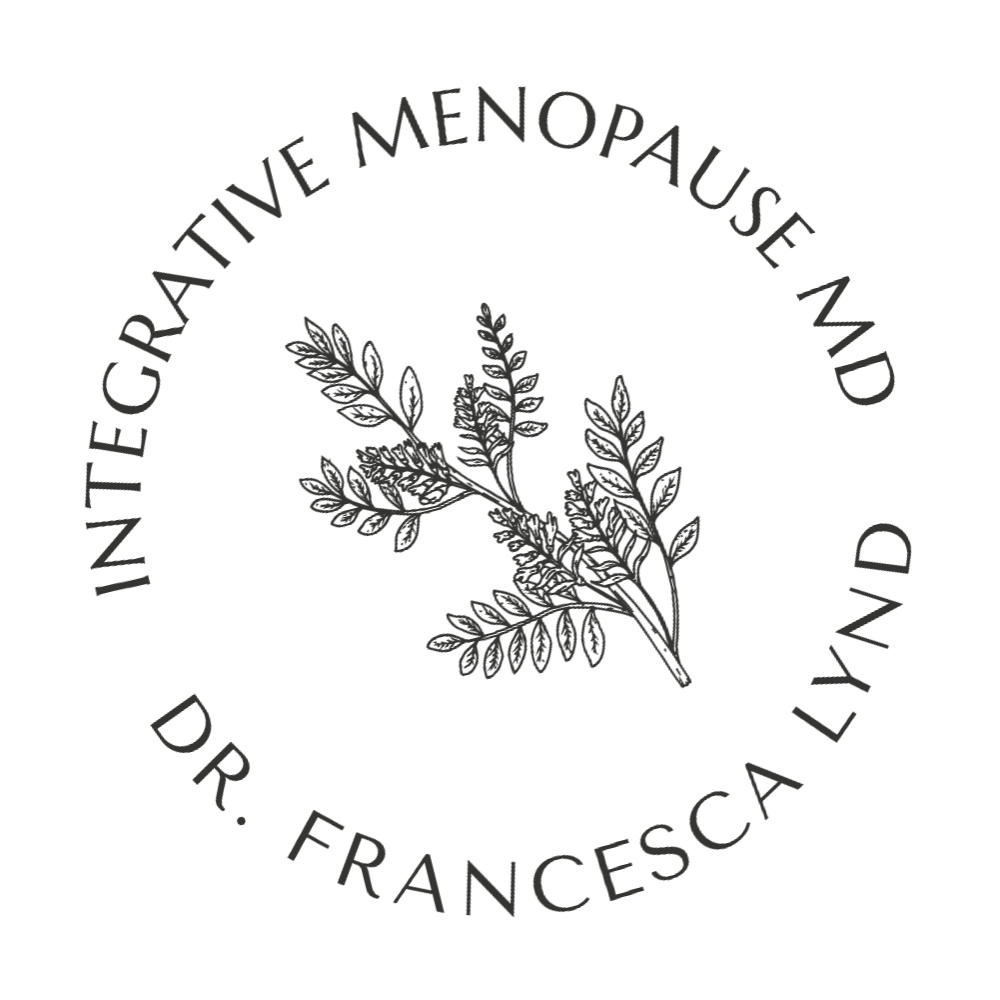Helping Menopausal Women to Choose a Quality Supplement
Jul 20, 2023
If you are among the almost 60% of American who have taken a supplement in the last month, then I am sure your have stood in the supplement aisle and felt at a loss . Where to start? Chances are you were not given an exact brand and dose from your doctor, but just a general recommendation to take a multivitamin, Vitamin D, Calcium, B12 or even Co Q 10. At most, you may have been directed by a health food store employee. So, do you go with the store employee recommendation ? Pick your favorite color? Cheapest?
Let me help you break this down!
Before you start, it is a good idea to have a general idea of what you need. Supplements are just what they say they are—a Supplement. The idea is to supplement what you do not get in your food or that you are unable to to make or use effectively in your body. Supplements can be vitamins, minerals, botanicals, amino acids, or multiple other dietary substances. So to be clear, it is a good idea to work with a qualified professional!
The first thing to understand, and this is important: The supplement industry is minimally regulated. This is in contrast to the more regulated pharmaceutical industry. The medications prescribed by your doctor must contain the product and the dose as prescribed. Supplements, however, are “Buyer Beware” no matter who recommended them to you. With a budget of under $11million to oversee a $40 billion industry, the FDA can only do so much. The need for awareness of reputable manufacturers becomes apparent.
One way to judge quality is to understand the abbreviations and and labeling on the bottles. Some are just marketing but some have actual meaning. Third party testing and certifications are important. For instance, USP (United States Pharmacopeia) and NSF International are independent organizations that do third party testing. When you see USP or NSF on the bottle, then the product’s quality, purity and adherence to manufacturing standards have been verified. GMP (Good Manufacturing Practices) means the facility was clean proper processing was followed, you will see that label as well. Also, when determining quality, knowing the reputation of the company is quite helpful.
Beyond quality and safety, the bioavailability of the ingredients can be variable. Also, the dosing can be too low or too high. Some nutrients are better absorbed in certain forms while some nutrients are better absorbed when taken with other ingredients. Ideally, the product will state that it is free of artificial colors, preservatives or sweeteners. So really, once you know the product is manufactured safely, efficacy is a whole other issue entirely.
Pay attention to dosage. It Is easy to over and under dose. Some formulations require 3-4 capsules vs only taking 1 capsule per day. Mega dosing should be avoided unless working with a doctor. Be very skeptical of extravagant claims. Be cautious of manufacturers that make bold claims of quick and miraculous cures. It is also very useful when claims are supported by actual clinical trials, scientific research or reputable sources.
Supplements can be quite useful for many menopausal women but choosing the correct formulation is important. If you are spending the money, you want to make sure you are optimizing the result. Quality supplements do get pricey.
This blog is for educational and entertainment purposes only. For any healthcare decision, discuss with your doctor the best options for you personally.

